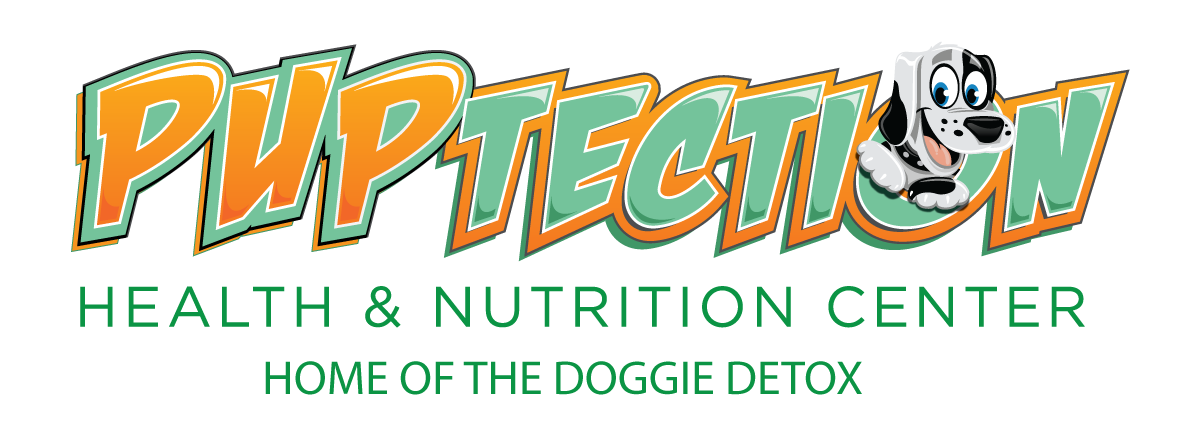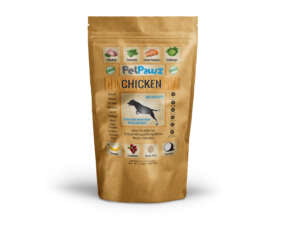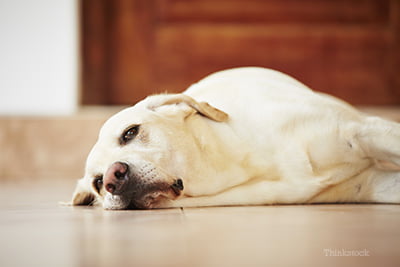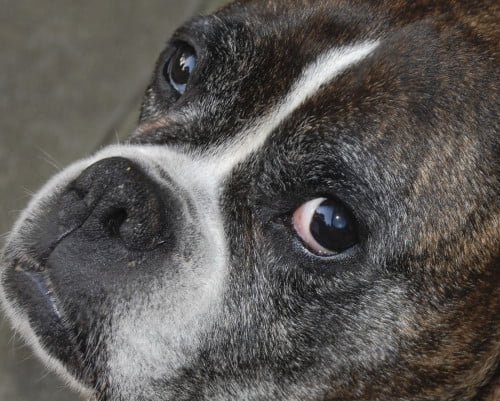

Effective Treatment & Recovery for Parvo in Dogs and Puppies
Secrets to your dog or puppy not only surviving but thriving after parvo in dogs
What is Canine Parvovirus (Parvo)?
Canine parvovirus, commonly known as parvo in dogs, is a highly contagious viral infection that primarily affects a dog’s gastrointestinal system. This virus attacks the intestinal lining, causing severe symptoms such as vomiting, bloody diarrhea in dogs, lethargy, and dehydration. How do dogs get parvo? The virus can be spread through direct contact with an infected dog’s feces or indirectly through contaminated surfaces, objects, or even people.
Signs of parvo in dogs are especially concerning since they are more vulnerable due to their developing immune systems. Senior dogs or adult dogs with weak immune systems or unvaccinated dogs are also at higher risk. Early detection is key, as untreated parvovirus can quickly become life-threatening, especially in unvaccinated dogs showing parvo symptoms.
If you notice any of these warning signs, contact your veterinarian immediately, as parvo survival rates depend on how quickly treatment begins.
Why Vaccination Isn’t the Only Way to Prevent Parvo in Dogs
As a dog owner, I used to think that vaccinating was the only option for protecting my puppy. Most vets emphasize that the best way to prevent parvovirus is through vaccination. While vaccinations certainly play a role, I’ve learned that over-vaccinating dogs can sometimes do more harm than good. In fact, over-vaccination has been linked to numerous health issues in parvo in dogs, including autoimmune diseases.
What many people don’t know is that puppies have natural immunity passed on from their mothers through the first milk, known as colostrum. This maternal antibody protection acts like a built-in shield against viruses, including parvo in dogs. However, once the puppy weans off the mother’s milk and transitions to kibble or processed food, that natural immunity starts to diminish. How diet affects a dog’s immune system is often overlooked, but I’ve seen firsthand how puppies thrive on a more natural, bio-available diet.
What surprised me the most is that each time we vaccinated, we might actually be weakening some of the natural immune defenses our dogs already have. It’s like a double-edged sword: while vaccines help create lasting antibodies, they can also interfere with the body’s ability to fight off infections naturally. That’s why it’s so important to find a balance in your prevention and not rely solely on vaccinations. Keeping my dog’s diet clean and minimizing unnecessary vaccines have both played a huge role in keeping my dog healthy.
The Easiest Way to Prevent Parvo in dogs
As a dog owner, I’ve learned that the key to preventing canine parvovirus is maintaining a strong immune system in my pup. What many don’t realize is that puppies can’t respond to parvo vaccines until they’re at least 6 weeks old. So, rather than relying solely on vaccinations, I focus on building my dog’s natural immunity from the start.
The best way to boost your dog’s immune system is by providing a diet of whole, raw, or gently cooked foods. While many believe that kibble or canned food is sufficient, I’ve seen firsthand that dogs thrive on natural, whole foods for dogs rather than commercial dog foods filled with preservatives and chemicals that can cause inflammation.
I’ve found that incorporating high-quality, natural foods along with supplements into my dog’s diet helps keep their immune system strong, especially after weaning. One option that works for me is Puptection’s dehydrated dog food, which is a great alternative to traditional pet food. It’s packed with nutrients and doesn’t contain the harmful additives found in most commercial brands.
By prioritizing whole foods and natural supplements for dogs, I’ve managed to give my dog the best defense against parvo and other illnesses, ensuring a long and healthy life.
Nutritional Recommendations for Parvo in Dogs
When my dog was diagnosed with canine parvovirus, I quickly learned that the right diet plays a crucial role in helping them recover. I found that feeding a raw or cooked whole food diet for dogs is one of the best options to support canine nutrition during parvo recovery. For my pup, I opted for a balanced version of the traditional “bland” diet, which was easily achieved with one of Puptection’s dehydrated dog food pre-mixes.
Puptection’s dehydrated food made it simple to provide a complete and balanced diet for parvo dogs without the harmful additives you find in most commercial foods. The mix eliminates indigestible starches like sugar, flour, yeast, corn, and other by-products, which are commonly found in prescription dog foods and can cause inflammation. This not only supported my dog’s digestion but also helped reduce negative immune responses naturally.
In this particular case, I realized that a parvo diet needs to be packed with easily digestible vitamins, minerals, and proteins to aid in recovery. Puptection’s pre-mixes are perfect for this, ensuring my dog got the nutrition they needed without stressing their digestive system. With the right food, my pup’s body could focus on healing, and I’m confident that this approach made a huge difference.
Treating Parvo & the Road to Recovery
As a dog owner, I was worried when I learned there are no specific “drugs” that can directly kill canine parvovirus, but I soon realized that effective treatment is all about providing the right supportive care for parvo in dogs. The focus is on controlling symptoms and, most importantly, boosting your dog’s immune system to help them fight off the virus.
I found that using detoxifying supplements to support immunity was key to kick-starting my dog’s healing process. These supplements help the body naturally detoxify and strengthen the immune system, allowing it to defend itself against the virus. But for this process to work effectively, the body needs a steady supply of essential minerals and nutrients. If your dog is malnourished or lacking these nutrients, the toxins from the virus can linger and cause issues like chronic inflammation in parvo in dogs, vomiting, diarrhea, and overall weakness.
To help my dog recover from parvo in dogs, I focused on providing the right food and supplements. These were critical in repairing the intestinal tract and supporting my dog’s overall health during the recovery process. Puptection’s dehydrated dog food pre-mixes were a perfect addition to my dog’s diet, as they provided the nutrients my dog needed while being easy on the digestive system.
critical in repairing the intestinal tract and supporting my dog’s overall health during the recovery process. Puptection’s dehydrated dog food pre-mixes were a perfect addition to my dog’s diet, as they provided the nutrients my dog needed while being easy on the digestive system.
Incorporating natural, immune-boosting supplements and a nutrient-rich diet made a significant difference in my dog’s parvo recovery journey, and I’m so grateful to see my pup healthy and happy again.
Always Consult Your Veterinarian First
If you have any serious concerns about your pet’s health, it is essential to consult with your veterinarian before taking any action.
Puptection Health & Nutrition Center Disclaimer
The information provided on Puptection Health & Nutrition Center’s website is for general informational purposes only and should not be considered as veterinary advice, diagnosis, or treatment. Always seek the guidance of your veterinarian for any concerns or questions about your pet’s health. Do not ignore or delay seeking professional veterinary advice based on information you have read on this website.



